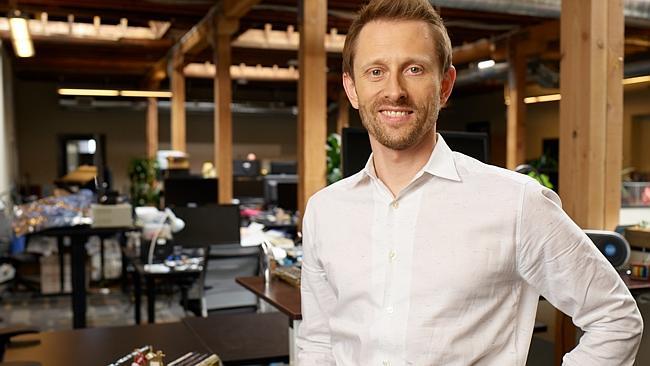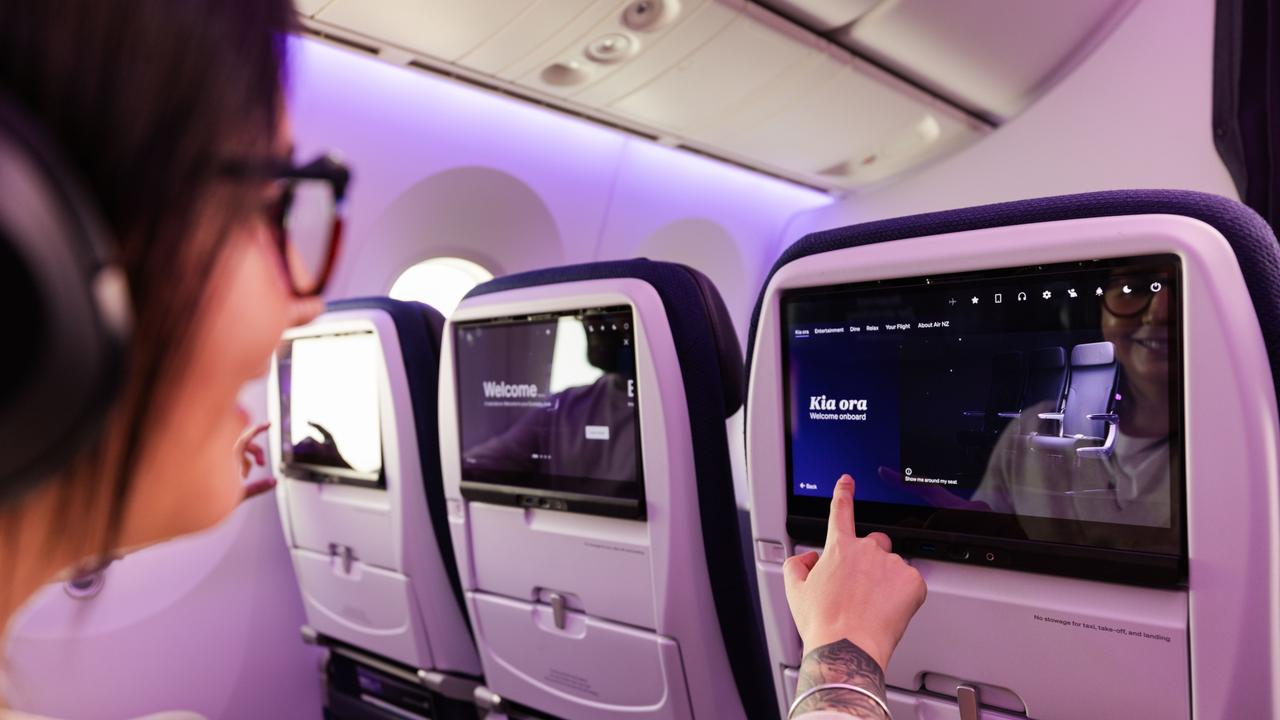Planet Labs: space industry has never been more affordable
Thinking about taking out a second mortgage? Perhaps you should invest that money into launching your own spacecraft.

Thinking about taking out a second mortgage? Perhaps instead you should invest that money into launching your very own spacecraft.
That’s the message from Planet Labs co-founder and former chief technology officer Chris Boshuizen, who believes Australia’s commercial space industry is ready to lift off as the costs to launch shoebox-sized satellites into orbit continue to fall.
“Things have changed and the costs of building a space company are relatively low today,” the 39-year-old Australian physicist turned expat entrepreneur told The Australian. “Anyone can start a pretty decent space project for under $100,000 and probably start their own space company for a small million. That sounds like a lot but when you think of the billions that had to be spent in the 80s and 90s to build spacecraft, then the fact you can build one in your garage today for $100k is pretty mind blowing.”
Mr Boshuizen knows a thing or two about building spacecraft in garages. He and Will Marshall — both NASA alumni — founded Planet Labs in 2010 to build cheap, off-the-shelf commercial components that could be used in small satellites. Their first prototype cost just $75,000 to build and launch into space.
“We were sitting there looking at each other and we were kind of shocked because we did something that took the entire scientific community of the former Soviet Union billions of roubles and years of research, and we just did it for $75,000,” Mr Boshuizen said.
“That was the moment when we realised that Moore’s Law had finally got to the space industry. Today, a reasonably well-off family, instead of going for another mortgage, could send a spacecraft into space if they wanted.”
Today Planet Labs has attracted more than $200 million in funding to help it achieve its dream of launching the world’s largest constellation of Earth-observing satellites.
More than 100 of these toaster-sized satellites — which carry cameras capable of mapping the entire Earth in a resolution fine enough to make out individual trees — have been launched and another 100 are set to be hurled into orbit this year.
“That will get us up to a full fleet that will be capable of photographically mapping the entire world at 2m resolution every single day,” Mr Boshuizen said. He will be taking his message to the Sunrise conference in Sydney next Monday, when he will also talk about his experiences in starting Planet Labs and what is possible in today’s race to commercialise space exploration and technologies.
His comments come amid growing interest in Australia’s commercial space activities as the federal government works through a review of the decades-old Space Activities Act that sets the regulatory framework for companies wishing to explore commercial opportunities in space. The review forms an important plank in the government’s innovation agenda and has been established to spark a boom in the local space industry.
The review is examining whether federal laws that were introduced in 1998 are holding back research and private investment in space technologies.
“People are saying we need a space agency in Australia but perhaps we don’t because that’s the old school way of getting to space. The new way is to just bootstrap it as a start-up,” Mr Boshuizen said.
“I believe Australia could get to the stage where it has a thriving space industry without an actual space agency. Which is an idea that I think is cool and which is very appropriate to Australians’ mindset.”
One of the most prohibitive costs surrounding the Space Activities Act is the legal requirement for any company wanting to launch an object into space, regardless of its size, to insure it for a minimum of $750 million.
It’s an area that Mr Boshuizen believes is ripe for reform.
“Under international treaty, if you want to go into space your nation is responsible for the liability should anything go wrong,” he said. “One thing Australia could do is clarify that and take a position that would see the Australian government underwrite space start-ups.
“That would provide a safety net for people to try bold things without feeling like they would be personally liable for $100m if something goes wrong.”



To join the conversation, please log in. Don't have an account? Register
Join the conversation, you are commenting as Logout